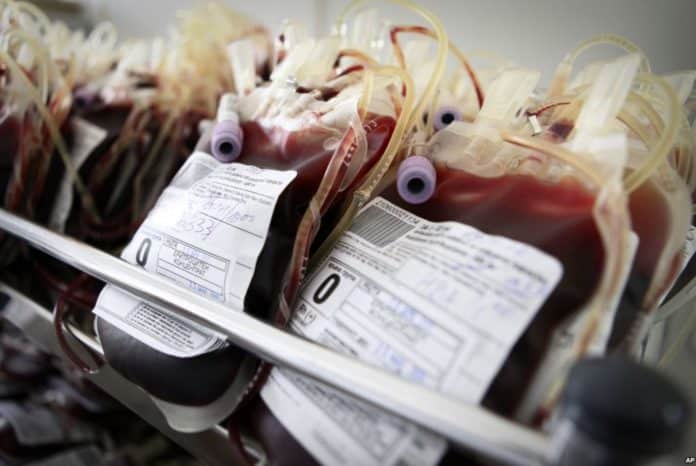Gene Correction in Transfusion-Dependent Thalassemia Works Wonders
β-thalassemia is an inherited blood disease that can cause severe anemia, a condition where there are not enough healthy red blood cells in the blood. β-thalassemia is one of the most common genetic diseases in the world, and approximately 60,000 children are born every year with a serious form of the disease.
Transfusion-dependent β-thalassemia, also called β-thalassemia major or Cooley’s anemia, is fatal within the first few years of life if not treated. Treatment of transfusion-dependent β-thalassemia includes frequent and lifelong blood transfusions, which deliver healthy red blood cells to the body to correct the anemia.
However, blood transfusions can cause too much iron to build up in the body. Because iron build up cannot be eliminated naturally, accumulated iron can damage vital organs especially the heart and the liver – and cause additional issues, such as abdominal pain, weakness, fatigue and joint pain. Patients who receive ongoing blood transfusions must also take medicines to remove the excess iron. Those medicines, called iron chelation therapy, also have side effects and can negatively impact a patient’s quality of life.
Now, Swiss-US firm bluebird bio has results from two clinical studies showing its LentiGlobin gene therapy is effective in treating patients with beta-thalassemia.
The
results clearly indicate that the technology could remove the need for patients with beta-thalassemia to get regular blood transfusions, which can cause iron to build up in a patient’s blood, damaging the heart, liver and other organs.In this international clinical trial of Bluebird’s treatment, 15 out of 22 patients with the disease were able to stop blood transfusions entirely after receiving the therapy. The other seven patients, the majority of whom had the most severe form of the disease, now need transfusions less often.
In the Bluebird Bio treatment, blood stem cells are taken from patients and modified by a virus that inserts a working copy of the gene that is defective in people with beta-thalassemia. The patients receive chemotherapy to remove the blood stem cells with defective genes from their bodies, then the modified stem cells carrying the proper gene are infused to replace them.
“These interim data demonstrate the potential of LentiGlobin gene therapy to address the underlying genetic cause of TDT and increase production of functional red blood cells,” said Dave Davidson, M.D., Bluebird’s chief medical officer.
“Nearly all patients in the two studies with a non-β0/β0genotype achieved freedom from chronic blood transfusions and, importantly, several of these patients reached normal or near-normal total hemoglobin levels and sustained those levels throughout the interim study period. We hope the refined manufacturing process implemented in our ongoing pivotal trials of LentiGlobin will translate into further normalization of total hemoglobin levels across genotypes.”
“We look forward to our first filing in the European Union (EU) this year and continue to work closely with investigators and regulatory authorities to complete our trials and bring this important treatment option to patients as soon as possible,” Davidson said.
Nine of the twenty-two patients suffered from severe beta thalassemia, and, after treatment, the number of blood transfusions they required fell by seventy-four per cent. Three of the nine no longer need any transfusions at all. The same is true of twelve of the thirteen patients with the less severe version of the disease.
So far, the subjects of the trial have been observed for a maximum of forty-two months, but they will be monitored long into the future, to insure that the benefits of the therapy persist and cause no serious side effects. One early concern—that the procedure could disrupt the DNA of the stem cells, potentially triggering leukemia—has not, fortunately, come to fruition.






























